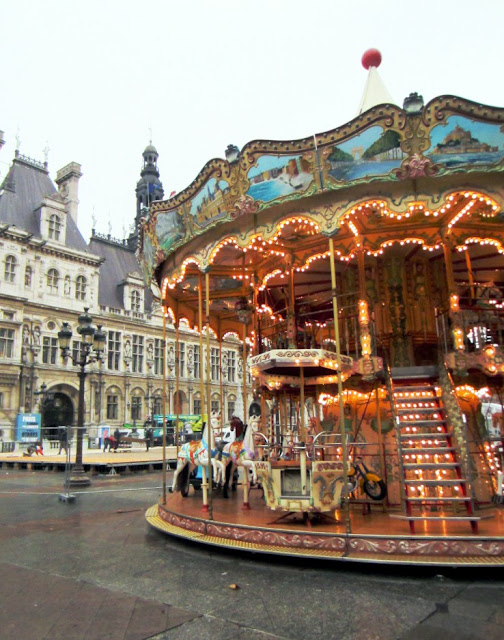Race
a play by David Mamet
Goodman Theatre, Chicago
Thru February 19
@@@@
Based on his best work--plays Glengarry Glen Ross, American Buffalo, Speed The Plow, Oleanna; movies House of Games, Spanish Prisoner, Heist, The Verdict, Wag the Dog--I consider David Mamet not only high among my favorite playwrights and an inspired movie director and screenwriter, but one of the most important creative provocateurs of the past 50 years.
Offering biting social and interpersonal insight with a mastery of language all his own, Mamet's work has been both brilliantly commentative and highly transformative. I often cite him in the same vein as The Clash, Martin Scorsese, Richard Pryor and Norman Lear as one of the (now exceedingly) rare artists who combined cultural unrest and creative brilliance to simultaneously reflect their times and reinvigorate--or even reinvent--an art form.
There is too little of that angst-inspired ingenuity arising now, or at least invading the zeitgeist.
And sadly, it appeared that Mamet may have lost his mojo awhile back. Recent plays like Romance and November were disappointing at best and his 2008 martial arts movie, Redbelt, didn't measure up to prior directorial efforts. In 2011, he also released a book documenting his conversion from a "brain-dead liberal" to a "newly-minted conservative."
I respect his right to identify with any ideology he likes, but have missed the emblematic observations of American Buffalo, the razor sharp invective of Glengarry Glen Ross, the thought-provoking dichotomies set up in Speed The Plow and Oleanna and the con man "sting" of House of Games and Spanish Prisoner.
Fortunately, though his 2009 play, Race--now in a regional production at Chicago's Goodman Theatre--isn't quite on par with his very best work, it offers enough intelligence and insight to remind why Mamet is such a gifted and important writer.
Here he sets up a scenario where a wealthy, married white man named Charles (played by Patrick Clear) has been accused of raping a significantly younger black woman. (It's unclear if he has already been arrested and is out on bail, but Mamet seemingly takes a few dramatic liberties.) His alleged victim is not a character in the 95-minute (including intermission) 2-act play, which takes place entirely within the law office of Jack Lawson (Marc Grapey), who is white, and Henry Brown (Geoffrey Owens), who, like their newest associate, Susan, (Tamberla Perry) is an African American.
| Photo Credit: Charles Osgood |
As with Oleanna, which concerns a college professor and a female student who alleges he raped her, in Race Mamet deftly creates a multiangular discourse certain to prompt post-show debate and disagreement among audience members.
Although pointed questions are raised through dialogue that is intriguing and occasionally humorous and/or profane--as per Mamet's trademark--and the acting under Chuck Smith's direction is stellar throughout, in sum Race just feels more like an excellent (@@@@) play, rather than a truly phenomenal (@@@@@) one. As artful as his setup is, it seems that Mamet unnecessarily tips his hand toward and against a couple of characters; ironically, the resonance could have been even sharper if things were left with a bit more ambiguous.
Also, though questions of race and our relationship to it will always be topical, the ones Mamet raises here don't seem all that novel (if you ever have a chance, see Thomas Gibbons' Permanent Collection). So while tickling our own degree of discomfort on the matter, any newly profound societal statement Race is trying to make was lost on me.
Still, even if Mamet isn't revolutionizing our world the way he once did--if you think that's an overstatement, consider the language used onstage and in film before & after he came to prominence in the mid-'70s--it was certainly quite welcome to see a new work of his be even this good. Unless it grows on me in subsequent explorations, Race may not stand, like it's author, as an all-time great, but--at the very least as a night of enjoyable entertainment--it is a winner.
















































